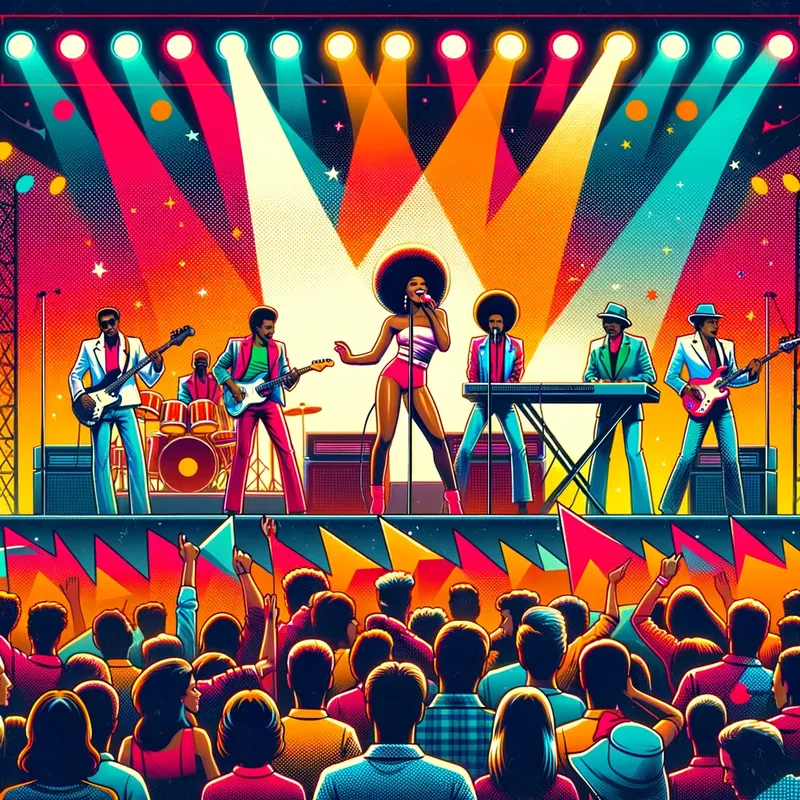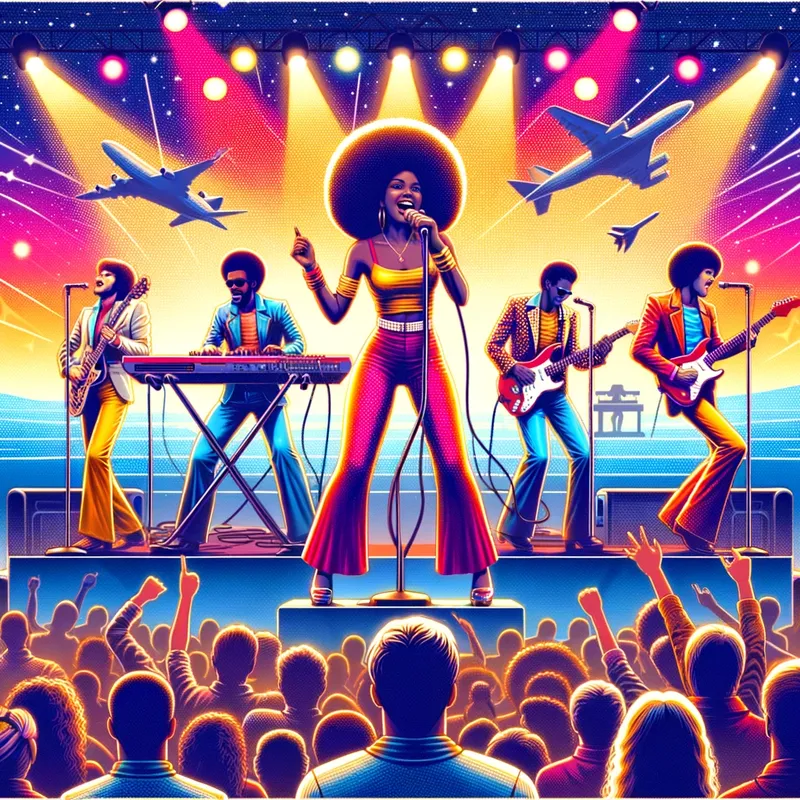K-Pop

Table of Contents
What is K-Pop?
First off, K-Pop stands for Korean Pop, and it’s a genre that transcends music to include fashion, dance, and a unique culture of its own. Born in South Korea, K-Pop is an eclectic mix of styles, from hip-hop and R&B to electronic and traditional Korean elements. And no, it’s not just for Koreans; K-Pop is a global phenomenon.
The Timeline
K-Pop has been around longer than you might think. It began as early as the 1990s but really took off internationally in the late 2000s.
Remember the “Gangnam Style” craze? Yep, that was K-Pop making history.
Nowadays, it’s not just about Psy; it’s about BTS breaking records, BLACKPINK killing stages, and EXO being out-of-this-world (literally, their concept is about being extraterrestrial).
The Groups
You’ve probably heard of the bigwigs like BTS, EXO, and TWICE, but K-Pop’s more than just them. There’s a group for every taste:
Like hip-hop? Check out Stray Kids.
Into R&B vibes? Give GOT7 a listen.
Want girl-power anthems? Hello, ITZY!
The Fandoms
If you think the groups are amazing, wait till you meet their fans. Called “fandoms,” these communities are like families. They have their own names —ARMY for BTS, BLINK for BLACKPINK, and so on. And it’s not just about fan chants and buying merch; these fandoms often engage in charitable acts in the name of their favorite idols.
The Global Impact
K-Pop isn’t confined to South Korea. It has massive global appeal. From North America to Latin America and Europe to the Middle East, the Hallyu wave is sweeping across continents. And let’s not forget the numerous international awards and recognitions the idols are bagging.
Why do non-Koreans listen to K-pop?
The international appeal of K-Pop is honestly one of those cultural phenomena that might leave some folks scratching their heads. But, let me break it down for you:
Universal Music Appeal
Firstly, good music is good music, no matter the language. K-Pop offers a range of genres and musical styles, from ballads and R&B to high-energy pop and rap. So, there’s something for everyone!
High-Quality Production
K-Pop is renowned for its top-tier production values, both in terms of music and visuals. We’re talking about intricate choreographies, visually stunning music videos, and well-produced songs.
Fandom Community
The sense of belonging to a fandom is an emotional draw. These international communities provide not just camaraderie, but also a sense of identity. Also, who doesn’t love the thrill of fan theories, voting for your faves in international awards, and decoding comeback teasers?
Cultural Exploration
K-Pop often serves as a gateway to Korean culture, language, and history. Non-Korean fans find themselves exploring Korean food, dramas, language courses, and even Korean history and politics.
Fashion and Aesthetics
The unique and trend-setting styles seen in K-Pop also attract a global audience. From the makeup and hairstyles to the innovative fashion, the aesthetic element is a big draw.
Activism and Social Engagement
K-Pop fans have become increasingly engaged in social issues and activism, leveraging their numbers for causes like Black Lives Matter, LGBTQ+ rights, and more.
Social Media and Accessibility
The internet has made K-Pop accessible to anyone with Wi-Fi and a device. Social media platforms like Twitter, Instagram, and YouTube also help fans around the world stay updated and connected.
FAQ
Do I need to learn Korean to listen to K-Pop?
Nah, but it helps. Knowing a few phrases can make you feel more connected to the music and culture. Plus, it’s fun to shout “Saranghae” (I love you) during fan chants!
What’s a “fan chant”?
It’s a set of cheers and phrases that fans shout during specific parts of a song at concerts or events. Each group has their own unique fan chant, and learning them is half the fun.
Can I really dance to K-Pop?
Yes! K-Pop choreographies range from simple and cute to complex and fierce. YouTube is flooded with tutorials, so pick your fave song and start practicing those moves!


